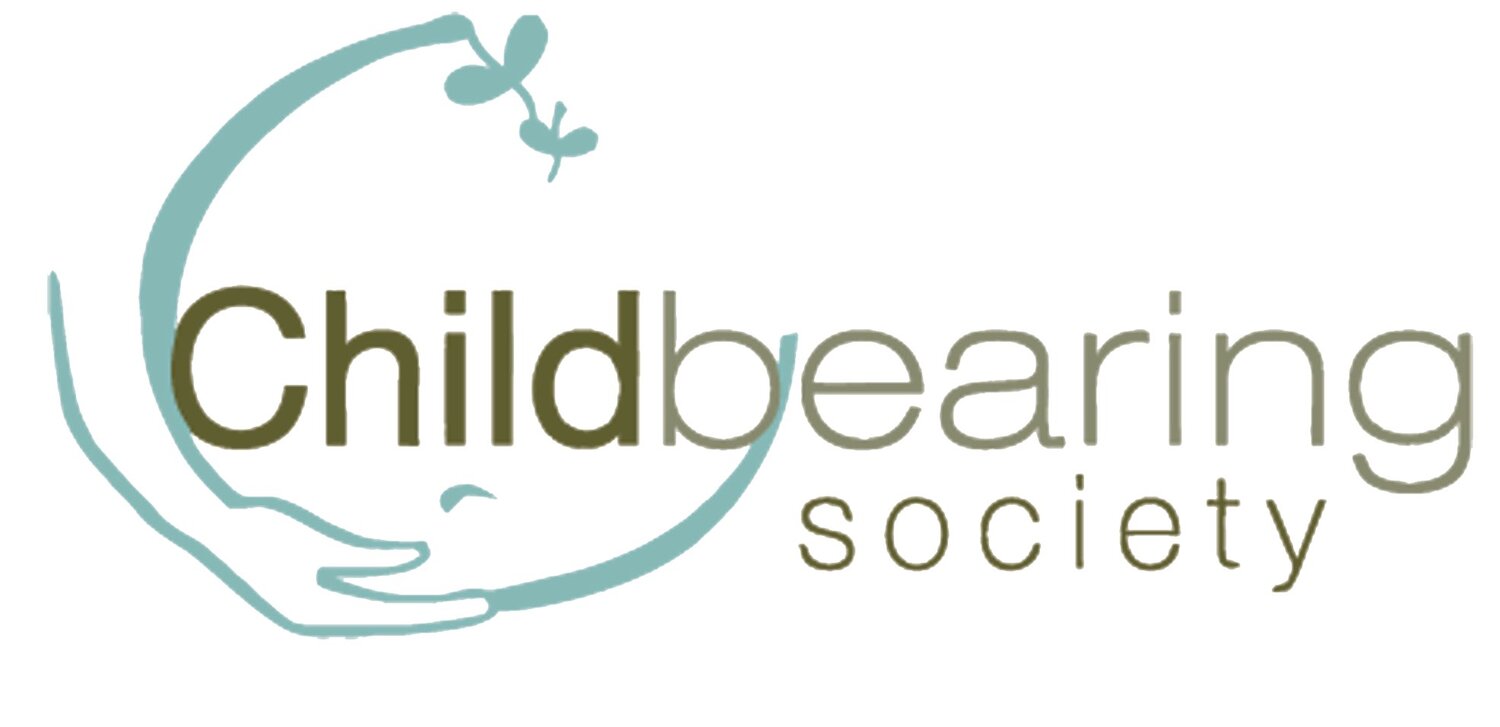Ask Childbearing: Should I swaddle my newborn?
Q: Should I swaddle my newborn? I have received several swaddling blankets as gifts, but I have heard conflicting things.
A: Swaddling babies used to be routine practice. It was a way of helping agitated babies calm down and settle when they were separated from their mothers. Since babies used to be kept in nurseries, removed from the loving arms and warm bodies that they needed, swaddling provided a way to mimic some of the sensations of being held and protected.
However, even though it appeared to calm babies down and reduce crying, we now realize that swaddling did not, in fact, provide any of the other benefits of snug body contact. When held by a parent, a newborn’s systems all settle into a state of calmness and homeostasis. The baby’s heart rate, blood pressure, breathing, and hormone production are all affected, and by extension their digestive system, their neural development, their senses, and their growth. Babies literally ‘organize’ themselves through proximity to a parent or attached caregiver. So swaddling confers none of the actual benefits of being held, but is there any harm?
We would all love to believe that anything that can help a baby sleep longer and deeper is a good thing. But babies are not actually meant to sleep so soundly. As inconvenient as it is for us tired parents, babies are supposed to sleep lightly so that they can rouse frequently and easily when they feel a need that requires action, such as hunger, fear, thirst, temperature, or a need for attachment. A swaddled baby may be at increased risk for SIDS because they can’t utilize the ‘startle’ reflex that helps them wake up at regular intervals (which, unfortunately for exhausted parents, newborns need to do for their own safety).
Recent studies have also shown that babies who are routinely swaddled are slower to gain weight, and have increased challenges establishing the mother’s milk-supply. Frequently swaddled babies are at increased risk for hip-dysplasia, and are more susceptible to hyperthermia (over-heating). As well, swaddling makes it harder for babies to move gas and air through their digestive systems (which they do by pumping their arms and legs), and restricts their movement at the expense of exercise and muscle development. Some researchers propose that what we have been mistaking for relaxation, may actually be babies just giving up, because they are helpless in their little straight jackets. Most important, babies should never be swaddled when they sleep, as it restricts their ability to move into a more comfortable or safer position, and increases the risk of SIDS.
So is swaddling a terrible thing to be avoided at all costs? The answer is no. Like most parenting practices, there is a time and a place for almost everything. A baby that has to be separated from adults for any reason will probably be at least somewhat soothed by swaddling. There are also those nights when baby is particularly twitchy when swaddling seems to be the best last resort (but please unwrap your baby once they fall asleep. If they get wedged facedown or in a corner, a swaddled baby can’t always push themselves up to breathe. This increases the danger of suffocation). And of course there are some babies who simply relax into snug swaddling more than any other kind of cuddling. As parents, everyone has to make their own decisions for what works for their own babies. But when making such a decision, it is useful to be aware of the downsides of swaddling, especially if used routinely.
References:
http://www.nancymohrbacher.com/blog/2010/12/3/rethinking-swaddling.html
http://thestir.cafemom.com/baby/113340/latest_baby_danger_swaddling
